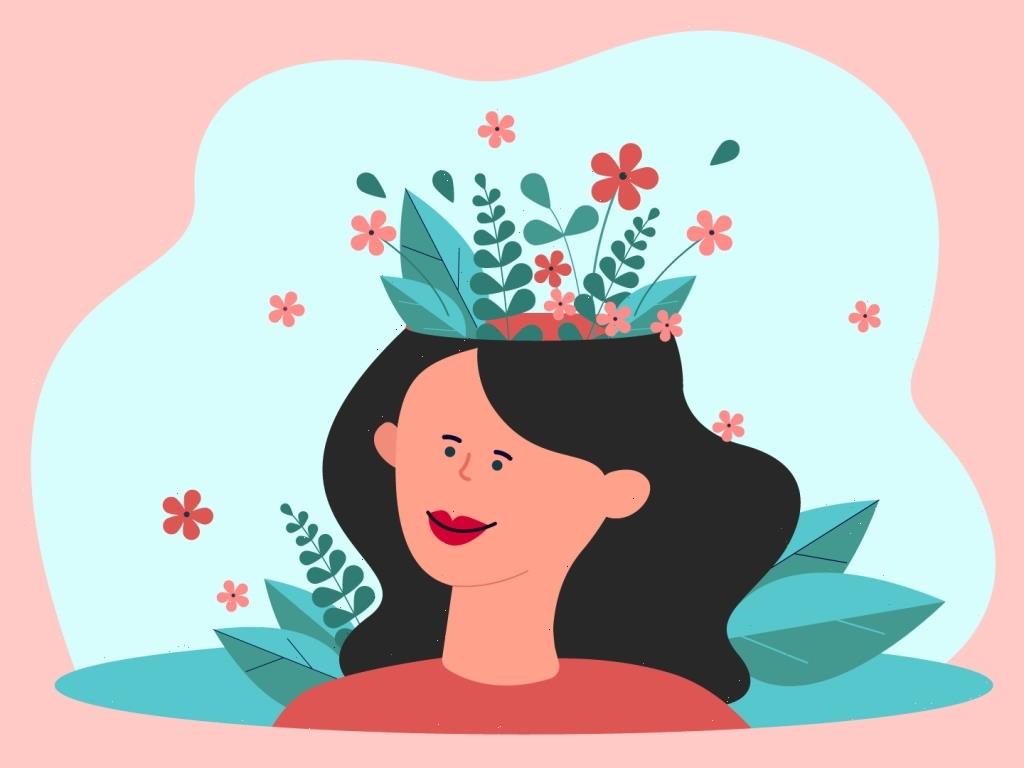I had to break it to my good friend and mom-to-be Vickie recently: Mom brain is a real thing. Plus, the mental load you take on as you care for and manage another human only seems to compound it after the first couple of years of your child’s life.
“ . . . it’s like my brain has been taken over. Lol,” she replied to our text message chain, explaining why she hadn’t responded to previous messages.
It’s not just your pelvic floor or shoe size that are never the same, but a woman’s brain may change more quickly and drastically during pregnancy and postpartum than at any other time in her life, even more so than puberty, according to a 2002 study at the Imperial College of London. A 2016 study published in the journal Nature Neuroscience confirmed how drastically motherhood changes us. M.R.I. brain scans of 25 first-time moms compared to those of women who hadn’t given birth were distinctly different. Those changes, a study author told ScienceDaily, may help prepare women for the inevitable “challenges of motherhood.”
“We know that inherently the structure of the brain changes, but also the way that it works in terms of how different parts of the brain are recruited for different activities that might be important,” says Helena Rutherford, associate professor at the Yale School of Medicine, tells SheKnows.
The brain decreased certain connections between cells in the hippocampus (the regulation of memory) and channeled energy to the part of the brain that helps you figure out what another person wants and needs. These changes lasted about two years after birth. (According to Rutherford, another recent study indicated that these changes lasted even up to six years after birth.) Elseline Hoekzema, Ph.D., a senior neuroscientist on the Leiden study confirmed that these changes were consistent with women who had different life experiences.
When it comes to people who become parents without the pregnancy or birth experience like dads, adoptive parents, foster parents, and other caretakers, research on the impact on their neurobiology is still emerging, says Dr. Rutherford. However, there is evidence that neurobiological changes also happen in parents who didn’t go through the birthing experience. “They have looked at the brain scans of older adults and noticed that the cortex is much thicker in their scans. This cortex thickness can differentiate people who had children from those who haven’t, and that’s true for men and women,” says Rutherford.
“It’s only really been in the past 10 years that we’ve even started to do studies that have looked at mothers and recognized that there may be this neurobiological period of change happening around having a child. We are really trying to change this narrative around mommy brain being a bad thing. Actually, we think it’s a very good thing and a very positive thing that women are experiencing,” she says.
“We are really trying to change this narrative around mommy brain being a bad thing. Actually, we think it’s a very good thing and a very positive thing that women are experiencing,” says Dr. Helena Rutherford.
This fundamental physiological shift and mental reorganization ushers in changes in who we are, not just as mothers. And it impacts everything from our careers to our fitness to our sex lives to our marriages to our friendships to our family lives to our relationship with ourselves — our identity.
It’s not just our physiology and psyche that changes, but the way people see us changes. I can name a handful of friends who seemingly fell off the face of the Earth once I got pregnant. When I became a “mom,” it seemed I was not “fun” or worth staying in touch with, to some. I get that being a “mom,” isn’t the most appealing state for a single girl — or for many others, for that matter — to be around. Cue the scene in Knocked Up where Leslie Mann and Katherine Heigl’s characters get rejected by the doorman of a nightclub.
Doorman: “You[’re] old. She[’s] pregnant. Can’t have a bunch of old, pregnant b*tches running around . . . . “Why [do] y’all want to be in here anyway? Y’all need to be at yoga class or something. What the f*ck is she doing at the club? That’s not even good parenting right there. Your old a** should know better than that.”
Uncool, not sexy, frumpy, not fun — these are just some of the descriptors that tinge the word “mom,” as portrayed in the scene. On the flip side, society also reveres mothers as these completely selfless, saint-like figures, as depicted in music by Boyz 2 Men, Tupac Shakur, Snoop Dogg, and Josh Groban, to name just a few.
It’s time to tell our stories and show that “moms” are the foundation of our lives and so much more. We are still the fun-loving women who want to dance, love, create, and be our whole selves. And, yes, we acknowledge that becoming a parent has changed us, too.
It’s easy to get lost in parenthood; and so as we strive to celebrate all that SHE Knows, we bring you The Motherhood Identity Project. Our new, yearlong series will consist of incisive essays by thought leaders and insightful reported stories that will explore the different ways motherhood impacts who we are at various life stages.
To kick things off, we are taking a look at what it means to be a mother in America now — what do the numbers reveal — with a piece by Raven Snook. Plus, former New York Times columnist of the Motherlode Blog Amy Klein will dive into why she thinks older moms don’t have the identity crises that younger moms have in a new essay.
Stay with us through this journey as we explore all the experiences of finding ourselves as Mamás this year.
Source: Read Full Article

